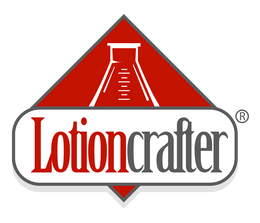Milk Thistle Seed Oil
*THIS IS A CLOSEOUT ITEM AND WILL ONLY BE AVAILABLE AS LONG AS SUPPLIES LAST.*
Our current lot of Milk Thistle Seed Oil has a retest date of 4/2025. Price reduced for quicker sale.
CAS# 84604-20-6
Milk Thistle Seed Oil is cold pressed from the seeds of the Milk Thistle Plant (Silybum Marianum) which we commonly see throughout the land in the summer months. Milk Thistle Seed Oil is an excellent source of silymarin, a complex of bioactive compounds consisting of a mixture of flavonolignans, including silybin, isosilybin, silydianin, and silychristin that are known for their antioxidant and anti-inflammatory properties.
In skincare products, silymarin is believed to help protect the skin from environmental stressors, such as UV radiation and pollution, which can cause oxidative damage and premature aging. Silymarin also has anti-inflammatory properties, which can help soothe and calm the skin, reducing redness and irritation.
Overall, the high silymarin content of Milk Thistle Seed Oil makes it an excellent ingredient for cosmetic formulations, particularly those designed to protect and nourish the skin. When used in combination with other natural and effective ingredients, Milk Thistle Oil can help create skincare products that promote healthy, youthful-looking skin.
Key Benefits
- Excellent oxidative stability
- Great source of polyunsaturated essential fatty acids
- High in plant sterols
- Powerful antioxidant content
- Rich in Vitamin E
Cosmetic Applications
- Skin Lotions, Serums, and Masks
- Products for sensitive skin
- Anti-aging products
INCI: Silybum Marianum (Milk Thistle) Seed Oil
This oil is sold by weight, not volume.

California Prop 65 Statement: The following statement is made in order to comply with the California Safe Drinking Water and Toxic Enforcement Act of 1986. This product is not known to the State of California to cause cancer, birth defects or other reproductive harm. Additionally, exposure to a naturally occurring chemical in Natural Food Sources is exempt from reporting in accordance with Title 27, § 25501.
Usage Rate: Up to 100%
Appearance: Light Yellow to Golden
Solubility: Oil soluble, insoluble in water
Method of extraction: Cold pressed
Saponification value: 170 to 200 mg KOH/g












